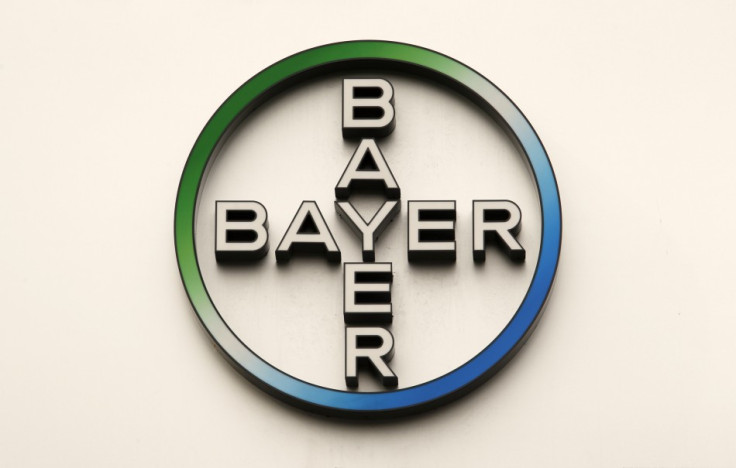German Drugmaker Bayer Probed in China for Unfair Competition

German drugmaker Bayer is the latest foreign firm facing probe in China as part of the country's effort to root out widespread malpractices present in its pharmaceutical sector.
A local branch of the Administration for Industry and Commerce visited one of Bayer's offices in China at the end of August to investigate a potential case of unfair competition, a Bayer spokesman told IBTimes UK in an e-mailed statement.
"We are fully cooperating with the authority," he said.
Bayer noted that it has "very strict compliance rules" that clearly prohibit incompliant behaviour of employees.
"Any business opportunity connected in any way with an activity that breaks the law, violates other regulations or contravenes good business practices is not acceptable to Bayer," the statement said.
"In case of allegations of non-observance of the Bayer Corporate Compliance Policy by employees, Bayer will investigate them thoroughly and take full responsibility for appropriate measures."
Bayer employs around 11,000 people in Greater China, including the Mainland, Hong Kong, Macau and Taiwan. China contributed 19.5% of the company's total revenue in the last fiscal year.
Widening Investigation
The development is expected to be part of China's wider investigation into the pharmaceutical industry over alleged bribery and tax-law violations. A number of foreign and local firms have been probed by Chinese authorities over the allegations.
Among the foreign firms, British drugmaker GlaxoSmithKline has faced the most high-profile investigation for suspected bribery and tax-related offences in China since early July.
China's Ministry of Public Security accused unnamed GSK executives of routing 3bn yuan in bribes to doctors through 700 travel agencies and consultancies over six years.
In connection with the allegations, Chinese authorities have taken several GSK executives into custody and claim a number admitted to criminal charges of bribery and tax law violations.
GSK also admitted some Chinese executives appeared to have broken the law, but CEO Andrew Witty said the head office had no prior knowledge about the wrongdoing.
Nevertheless, China's official Xinhua news agency earlier reported citing details from police that the crimes were organised by the company itself rather than individual staff members.
In addition, US drugmaker Eli Lilly was accused of spending more than 30m yuan on bribing doctors to prescribe its drugs over a period of one year from 2011 to 2012.
That comes after Swiss drugmaker Novartis AG was accused of paying bribes to doctors to boost its sales. The allegations prompted the company to launch an internal investigation into the matter.
Earlier in August, there were reports that French drugmaker Sanofi is being probed by Beijing municipal authorities over bribery allegations the company said it is taking "very seriously".
Sanofi staff allegedly paid bribes totalling 1.69m yuan to 503 doctors at 79 hospitals in Beijing, Shanghai, Guangzhou and Hangzhou, in late 2007, to encourage them to prescribe Sanofi products.
Furthermore, Danish firms Novo Nordisk and H. Lundbeck, Britain's AstraZeneca and Belgian firm UCB have also said that they are facing investigations.
China's National Development and Reform Commission (NDRC) is already investigating 60 foreign and local pharmaceutical firms over price-fixing and is yet to conclude the far-reaching probe.
© Copyright IBTimes 2025. All rights reserved.






















